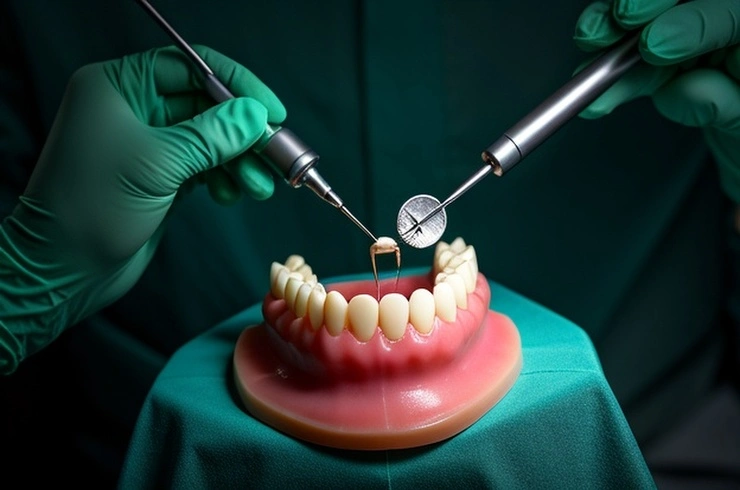
Most adults develop third molars, commonly known as wisdom teeth, usually after the age of 18. While not everyone will experience problems with these teeth, the American Dental Association (ADA) highlights several symptoms that suggest it may be time for their removal. Impacted wisdom teeth, in particular, often lead to considerable discomfort and can negatively affect your overall oral health.
Common Symptoms of Problematic Wisdom Teeth
When wisdom teeth cause issues, you might experience a range of symptoms, including:
Pain: A common indicator that your wisdom teeth are causing problems.
Infection: Bacteria can easily get trapped around partially erupted wisdom teeth.
Red or swollen gums: Inflammation is a sign of irritation or infection.
Damage to adjacent teeth: Impacted wisdom teeth can push against neighboring molars, causing damage.
Bad breath: Can be a result of trapped food particles and bacteria.
Difficulty opening your mouth: Swelling or pain can limit jaw movement.
Unpleasant taste: Often associated with infection or decay.
Tooth decay: Poor access for cleaning can lead to cavities, especially in wisdom teeth.
Why Wisdom Teeth Often Need Extraction
Problems related to wisdom teeth are quite prevalent. A common issue is when there isn't enough space for the wisdom teeth to erupt properly, leading to them becoming impacted. Instead of emerging straight, an impacted tooth might lie on its side, pressing against the tooth in front of it, or remain trapped within the jawbone or under the gums. This can result in dental crowding, improper bite alignment, and other complications.
Another condition associated with partially erupted wisdom teeth is pericoronitis. This is an infection that occurs when bacteria from food, plaque, and other debris get trapped in the space between the impacted tooth and the surrounding gum tissue. Individuals with pericoronitis often notice painful, swollen gums near the affected wisdom tooth. In more severe cases, swelling in the face and lymph nodes may also occur.
Making an Informed Decision About Extraction
If you're experiencing any discomfort or notice signs of erupting wisdom teeth, it's crucial to consult your dentist. Not all wisdom teeth require removal; if they are not causing any significant complications, they can often remain in place. However, if they are problematic, your dentist will likely recommend extraction.
Your dentist will typically take an X-ray to assess the position and development of your wisdom teeth and determine if they are likely to cause future issues. If removal is necessary, the procedure is usually performed by an oral surgeon or a general dentist. While some wisdom tooth extractions can be done with local anesthesia, more complex cases may require general sedation. Dentists often suggest extracting wisdom teeth at a younger age because their roots are not yet fully developed, making the removal process generally easier.
This information is intended for educational purposes only and should not be considered a substitute for professional medical advice, diagnosis, or treatment. Always seek guidance from your dentist, physician, or other qualified healthcare provider for any health concerns.
Pro Tip
The content of the article is shared by netizens, please carefully identify it